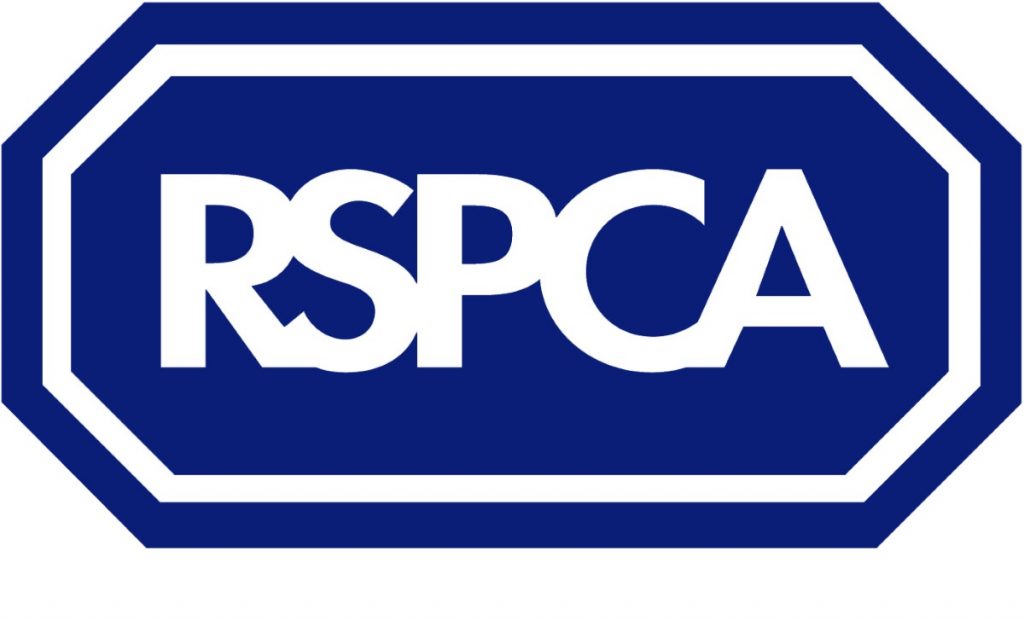First batch of tidal orphaned seal pups released back to sea
The first batch of the tidal orphan seal pups were today (26 February) released back into the wild following weeks of rehabilitation by the RSPCA.
A total of eight pups were released back to the sea at Winterton on Sea, Norfolk – to the delight of staff and volunteers at the RSPCA East Winch Wildlife Centre.
The centre has been caring for a staggering 100 pups since December following one of the biggest rescue projects the charity has ever seen.
And today eight pups were released back to the sea.
The seal pups, some just a few weeks old had washed up along the shore following violent storms and they were too young to survive without their mothers.
Scores of seals were rescued by RSPCA officers and taken to the specialist RSPCA hospital in Norfolk.
This was just the start of an epic rehabilitation program which involved hand feeding the pups at regular intervals and round the clock supervision for the youngsters.
A total of 101 greys came in to the centre since 5 December.
Many of the pups were in need of intensive care and hand feeding which was as frequent as every four hours during the first few weeks.
The short time scale between feeds proved the trickiest aspect for the staff to cope with as with so many pups in their care, staff had to wash the tubes and bowls and make fresh fish soup, ready for the next feeding time.
RSPCA centre manager Alison Charles said: “This has been an extremely hard time for all the staff and volunteers – just coping with the sheer number of seals. This is the biggest rescue program we have ever had to deal with in the 25 year history of the centre.
“Getting so many pups fed every four hours was exhausting – but we had to do it in order to give them a chance of making it. Staff were working a morning shift, then coming back to do the evening shift – seal pups are also strong so at times it was mentally and physically exhausting.
“But when you watch them go back to the wild where they belong – you know it is worth the effort. To be honest it has all been a bit of a blur but everyone was just amazing and got on with the job in hand. Over the Christmas and New Year break we started to feel we had turned the corner as many of the seals were taking fish by hand, rather than having to be fed by stomach tube.
“We had to completely juggle the whole centre to make room for so many extra seals. Straight after the surge we had a staggering 58 pups come in and we were already caring for 50 others. And after that they still continued to come in.
“We had seals in every suitable room, in all the 17 cubicles in isolation, the box room, the orphan bird room and the hedgehog room. Fortunately all the rooms have under floor heating and tiled floors and drains so this helped with the cleaning – as seal pubs can be messy.”
The RSPCA launched a crisis appeal which received a fantastic response by the public – as it costs an estimated £22 per week to feed each seal. And each animal was expected to need up to five months of rehabilitation.
Alison added: “We have been truly overwhelmed by the public’s response and generosity. We have spent the money on fish, medication, stomach tubing and a new industrial liquidiser.
“The money still continues to help those seals in our care.
“Our staff have done a fantastic and professional job. I really appreciate how they went way beyond their day job to care for the seals and they all kept each other going through the tough times.
“Our volunteers were great too and we just wouldn’t have managed without them.
“Thank you also to the public for their support financially and with their kind messages that kept us going. There are so many tales of how people came forward to help us – we are so proud.
“There was nothing better than today watching the seals going back into the water and knowing it was a result of the staff and volunteers’ hard work and dedication.”
Although this is the first batch of seals to be released there are still scores at the centre – there are 30 seals still in the isolation units, 16 in the intermediate pools, 17 in the swan pools and 15 in the courtyard pools.
And there are also six pups at the RSPCA Stapeley Grange Wildlife Centre and Welsh Mountain Zoo.
The RSPCA can only care for animals like this thanks to the public’s help. If you want to help the seals that are still being rehabilitated please visit choices.rspca.org.uk/seal-appeal
Note to editors:
Photographs and interviews are available on request – please contact the press office on 07714 13822 or email Nicola.walker@rspca.org.uk





-01.png)